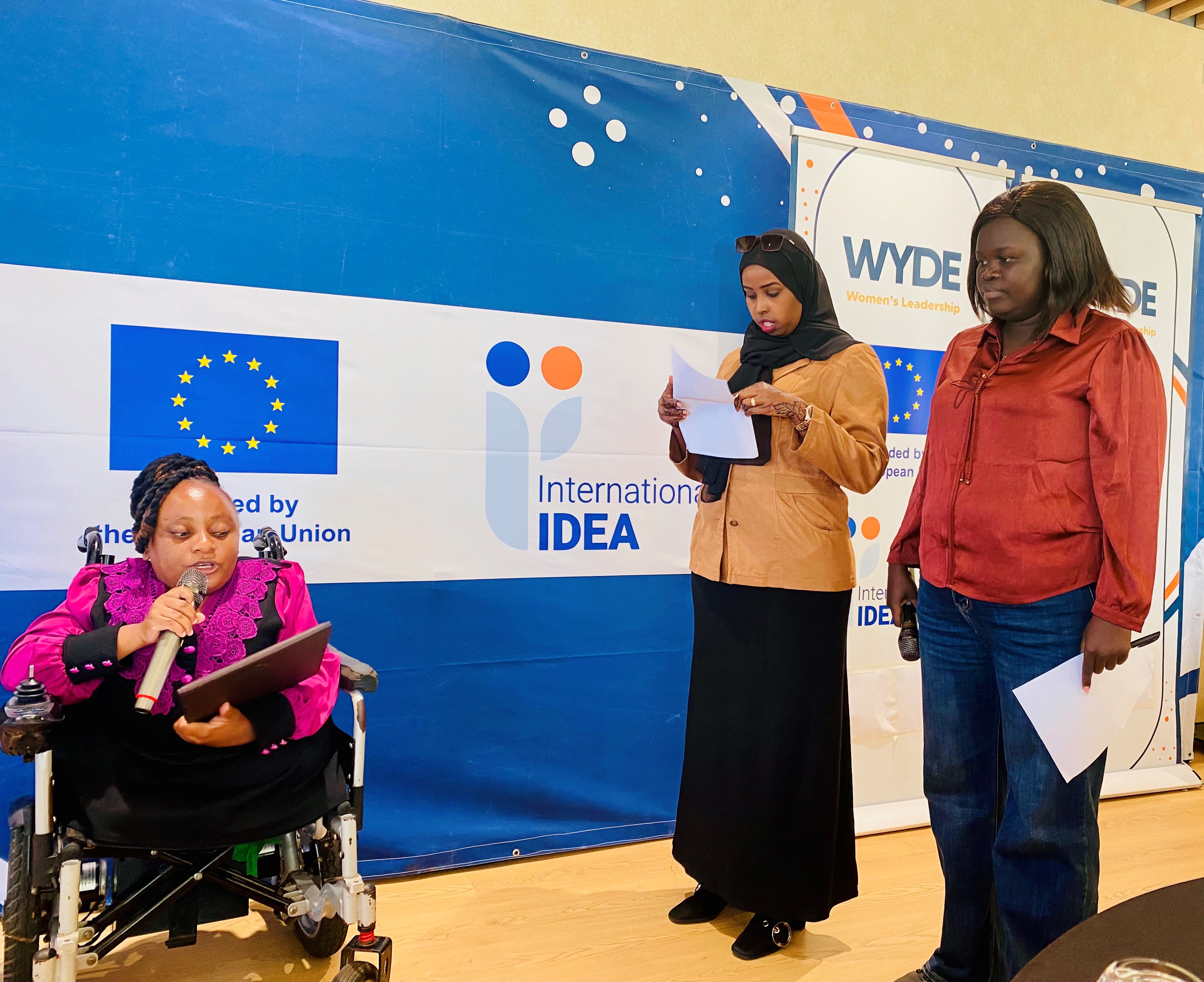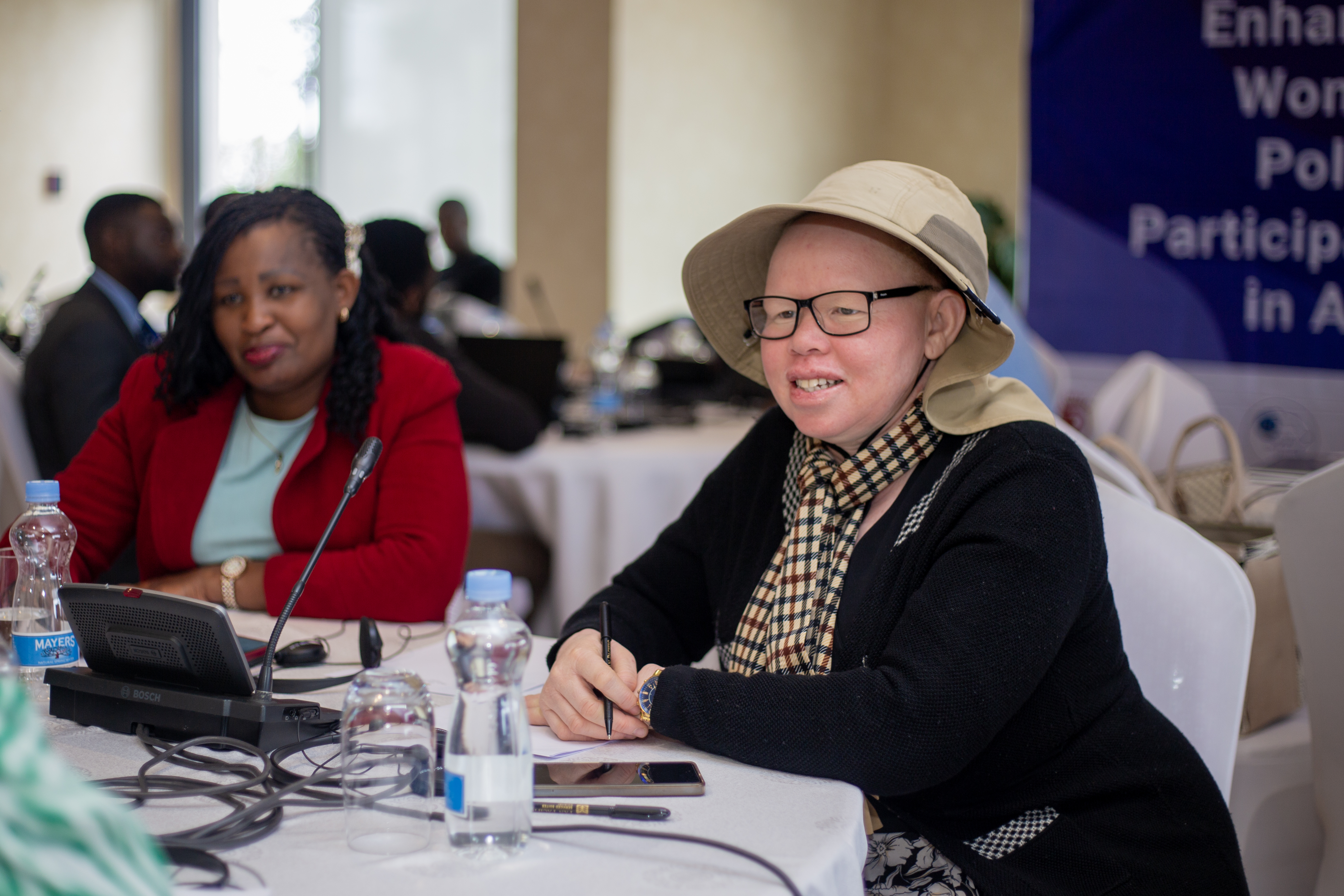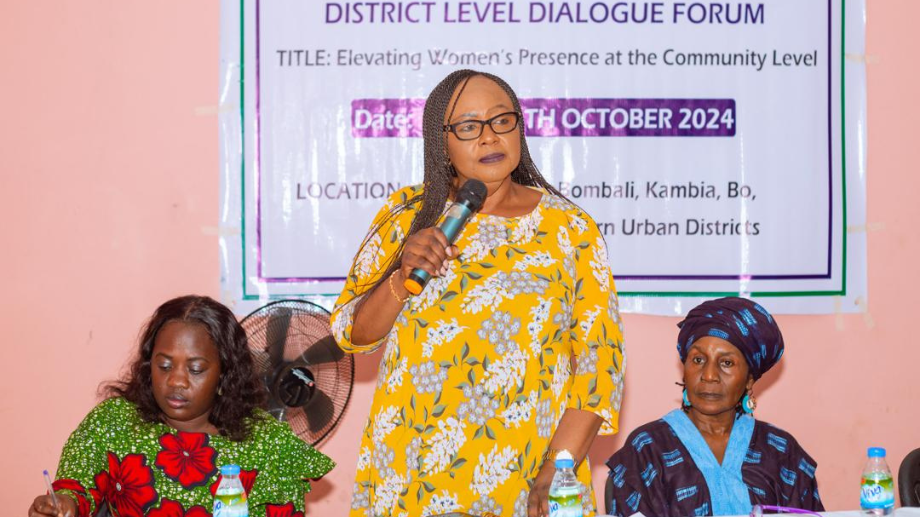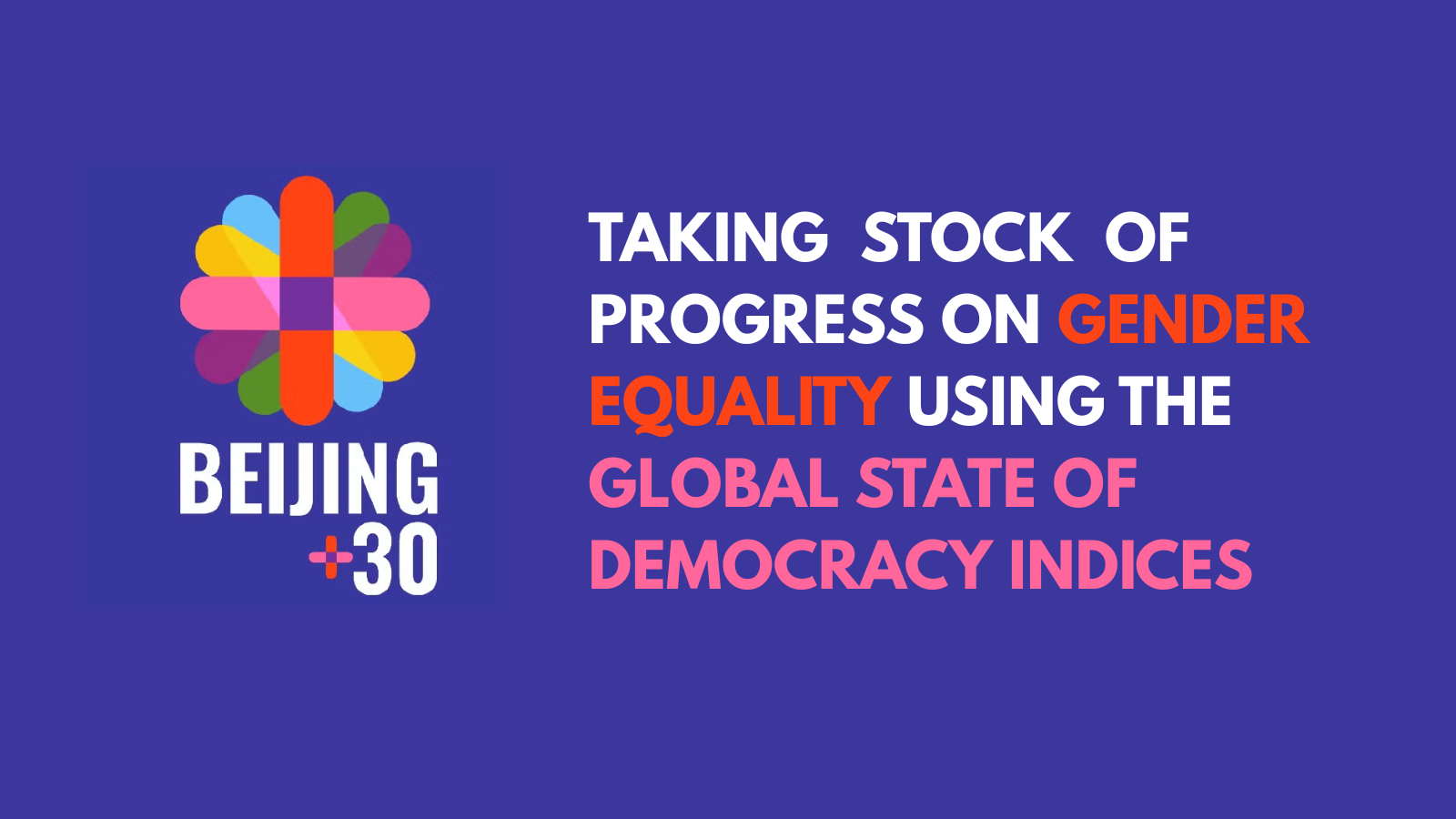International IDEA supports the discussion on electoral reform in Colombia
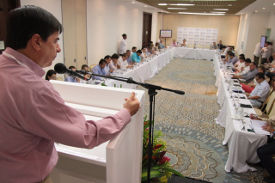
The Ministries of Justice and of the Interior of Colombia, the Inter-American Development Bank and International IDEA organized the “Balance of powers: Experts’ Opinions”, forum as well as the “Balance of powers and institutional readjustment: Congress and democratic transformation” forum on 4- 6 March. The Minister of the Interior, Juan Fernando Cristo; the Minister of the Presidency, Néstor Humberto Martínez; the Minister of Justice, Yesid Reyes; the President of the Congress, José David Name; the President of the Chamber of Representatives, Fabio Amín Saleme; and over 50 senators and legislative representatives participated in these activities.
The meetings comprised of discussions with international experts on electoral issues included in a reform proposal, which makes changes to the country’s political and judicial systems. Topics covered in the discussions included regional participation, introduction of preferential voting, and closed lists for legislative elections.
The Minister of the Interior, Juan Fernando Cristo, emphasized the Government’s willingness to advance and improve the proposal of the legislative bill to be used as an element in the preparation for a post-conflict Colombia. He stated that “this Government refuses to leave things as they are, reforms have to be made. Congress should function better; justice has to be more expeditious.”
International experts supported other proposals included in the reform for strengthening political parties, such as closed lists for elections to Congress, as well as the possibility of extending regional representation in the Senate to departments with less than 500,000 inhabitants.
Arturo Valenzuela, former U.S. Assistant Secretary of State for Latin America, characterized the representation of political minorities as “enormous progress”, while the Regional Director for Latin America and the Caribbean of International IDEA, Daniel Zovatto, proposed that the composition of closed lists be determined through consultation among parties and voters.
In the days following these academic discussions, a consensus was reached between national and international experts about the need to advance and improve the reform bill which is starting its second round of discussions in the Senate.
